We played in the Essendon colours of red and black, so there was much to uphold. So far during the 1968 season we had only lost one game and that was against Gordon in the snow. (This was according to the football records of 1968.) (Incidentally, there were numerous amendments to these records due to the wipe outs caused by heavy snow falls.)
There was now only one game that mattered and that was the Grand Final against Sebastopol.
At the beginning of the season I had been asked by the newly appointed coach, Jeff Mc Cubbery, to move with him from the Ballarat team to Buninyong. My main talent in those days was that I could run even time, that is a hundred yards in 10 seconds. Jeff was only a yard behind me and the rest of the team were also young and fit. Jeff was a great coach and leader of this then small town team keen to show, what we thought was the world, that we were the best football team outside of Ballarat.
One of the keys to being a successful football team, especially in Australian Rules football, is that the players who play in the forwards position need to kick in a straight line. Some players, in fact, some teams, are very good at it. The secret to this success is based on geometry. A number of players try to gain extra distance by hooking their foot around the ball. This sometimes works, but often drags the ball off line, resulting in a point or what is called ‘out on the full’.
As mentioned before we did rather well during the season and it came about that my name was on the team list for the Grand Final. However, I was notified by my employer I had to go to Stawell to work in a shearing shed as the wool classer in Grand Final week, which meant I could not make it to practice on Thursday night. A cardinal sin in Australian Rules.
Would the coach let me play on the Saturday? I did some training in the dark by moonlight and exercises each night after tea at the shearing shed. I returned to Buninyong after working the week at Stawell to find that my name was on the list with the task to protect our forwards from the tough Sebastopol backs.
It was an even game right up to the last quarter. We were four points down when the back man punched me in the head right in front of the umpire, who awarded me the free kick! I tried to hand the football on to our forward. The umpire would have none of that and said I had to take it. Players and spectators held their collective heads and breath.
I remembered I had been the goal kicker in another League and that now was the time to put the geometry theory to the test. I kicked the ball and it went straight through the goal posts. We hit the front when the siren blasted.
We had won the premiership!
Godfrey Marple,
May 2017
556 words

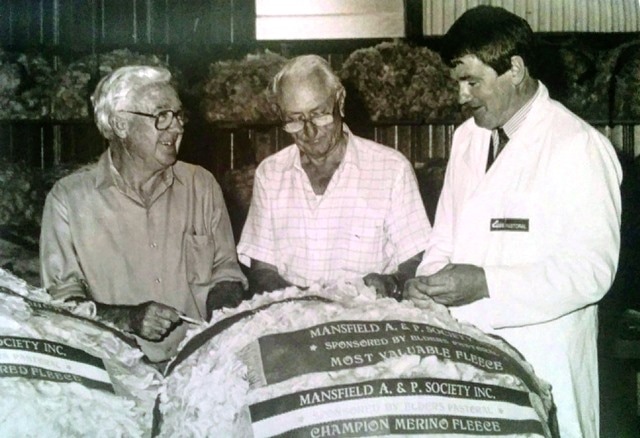
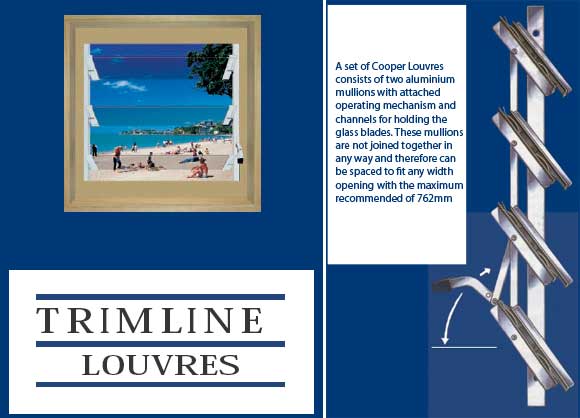
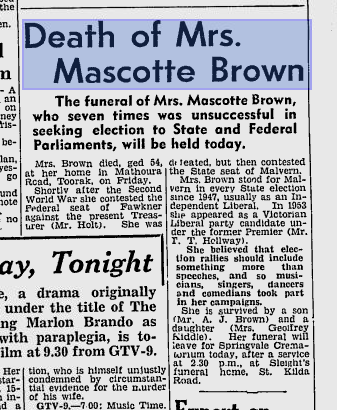
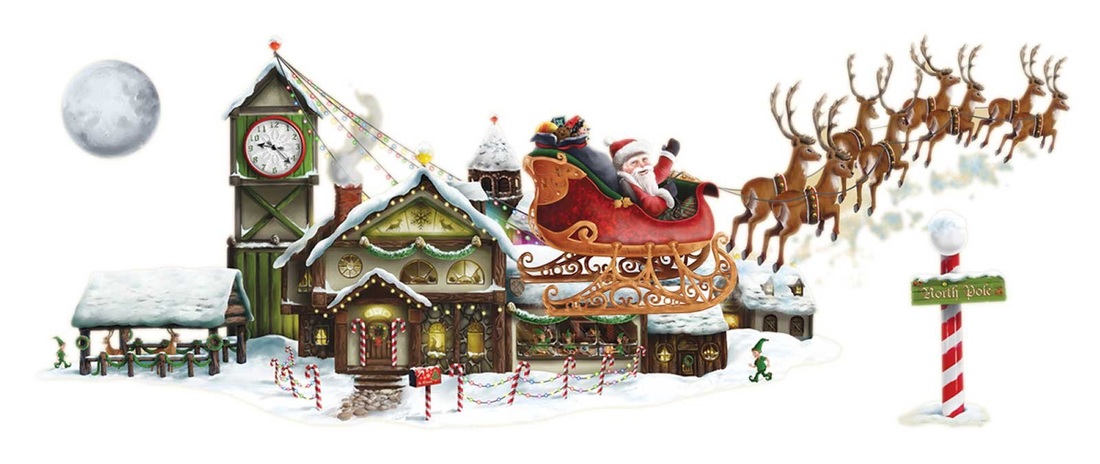
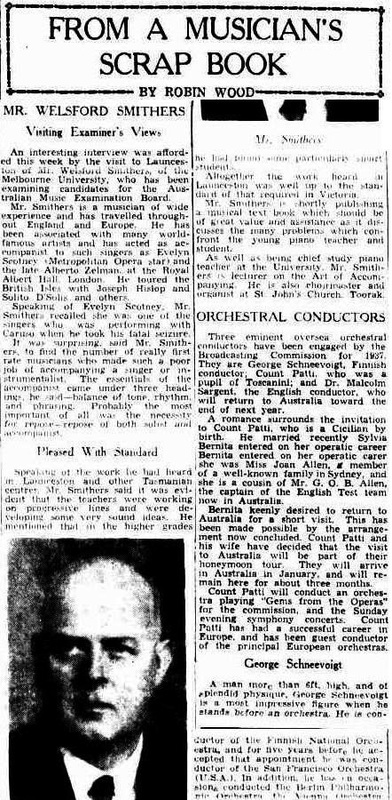
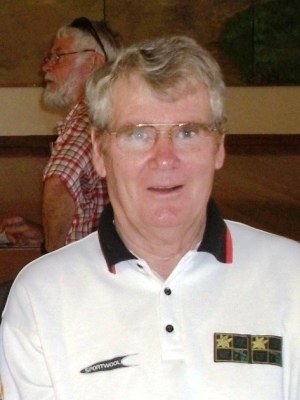
 RSS Feed
RSS Feed
